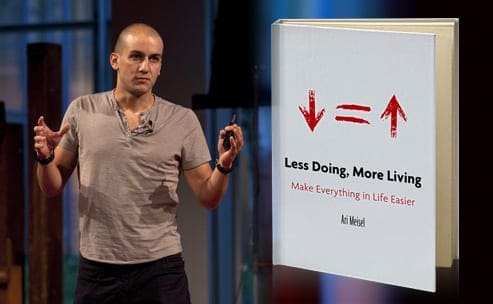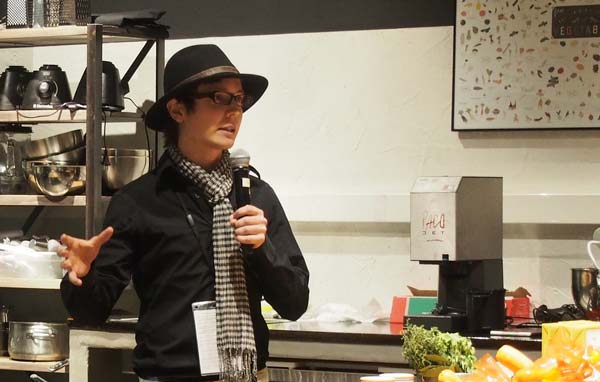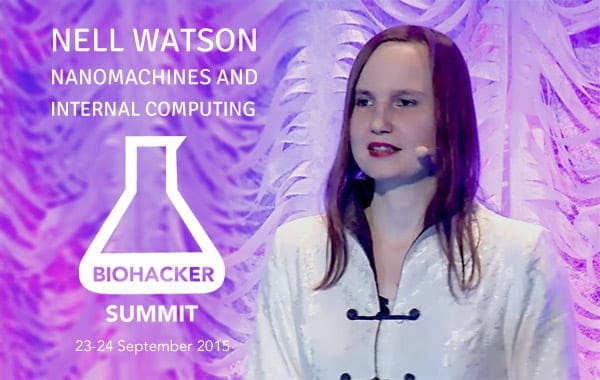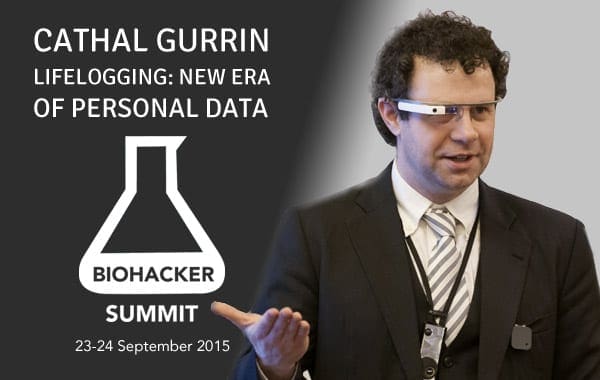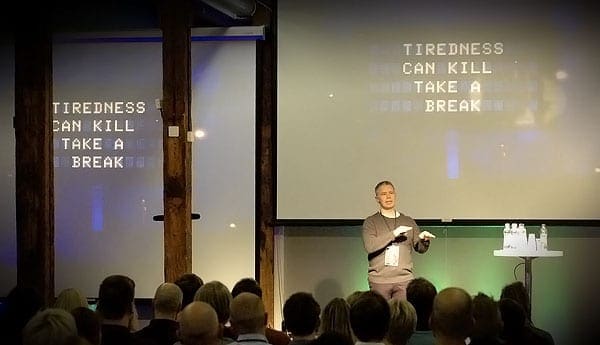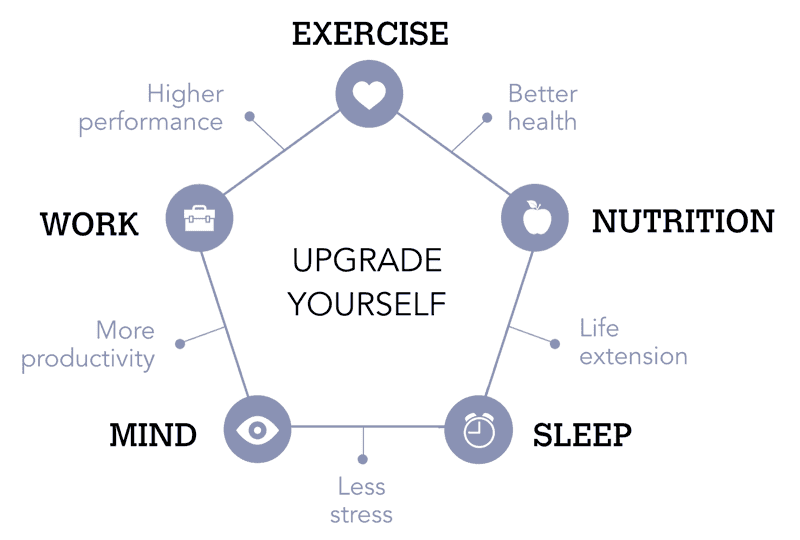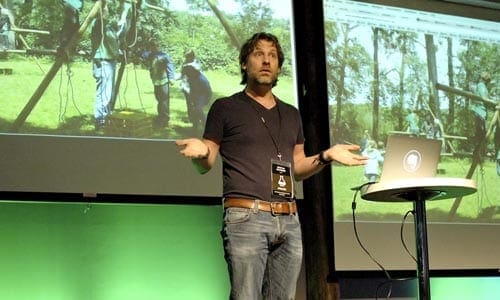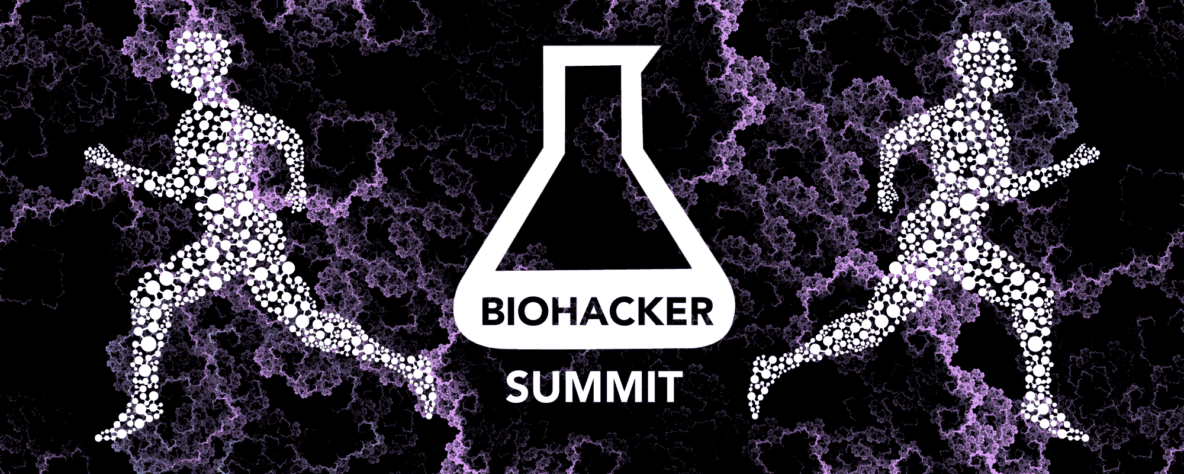Futurist and engineer Nell Watson from Faculty AI & Robotics at Singularity University spoke about “Nanomachines and Internal Computing” in her keynote at the Biohacker Summit 2015.
Nell predicts that recent developments in nano-computing and synthetic biology are leading us to the explosion of new life forms. Already today neurosynaptic IBM chip has roughly the same amount of neurons as a bumble bee, which enables us to simulate animal cognition. Bioprinters are able to print biological material like bones or collagen. Nanobots crated by DNA origami technique, when placed in the blood stream can indicate leukemia cells and destroy them.
“Watson believes computing power will increasingly merge with our innate functioning in the coming decades.” – says VICE.com
According to Nell, not only the machines become a part of us, but machines and life have very similar structures.
“AI can classify the world and make sense of it in the similar way that we do.”
As an example Nell brings up successful experiment on cyborgization of a cockroach. By connecting electrodes from circuit board to the cockroach antennas one is able to control with the mobile app. In nature similar behavior control effect occurs in ants infected with cordyceps mushroom.
“Life imitates machines, and machine imitates life.” – Nell Watson
Nell points out that primo-vascular system, a network that connects different organs in our body, in its structure is very similar to optical fiber.
Nell Watson is an engineer, entrepreneur, and futurist thinker. Nell lectures globally on Machine Intelligence, AI philosophy, Human-Machine relations, and the Future of Human Society. She is a faculty member of the Singularity University, Artificial Intelligence & Robotics track and the founder & CEO of Poikos, “Instagram for body measurement”. Nell has taught post-grad Computer Science at the age of 24, advised a number of startups, accelerators, and venture capital funds and serves as an advisory futurist to The Lifeboat Foundation, which has a mission to protect humanity from existential risks that could end civilization as we know it, such as asteroid collisions, or rogue artificial intelligence.
If you are interested in the topic, listen to previous Biohacker’s Podcast Episode 3 on AI & internal computing with Nell Watson.

